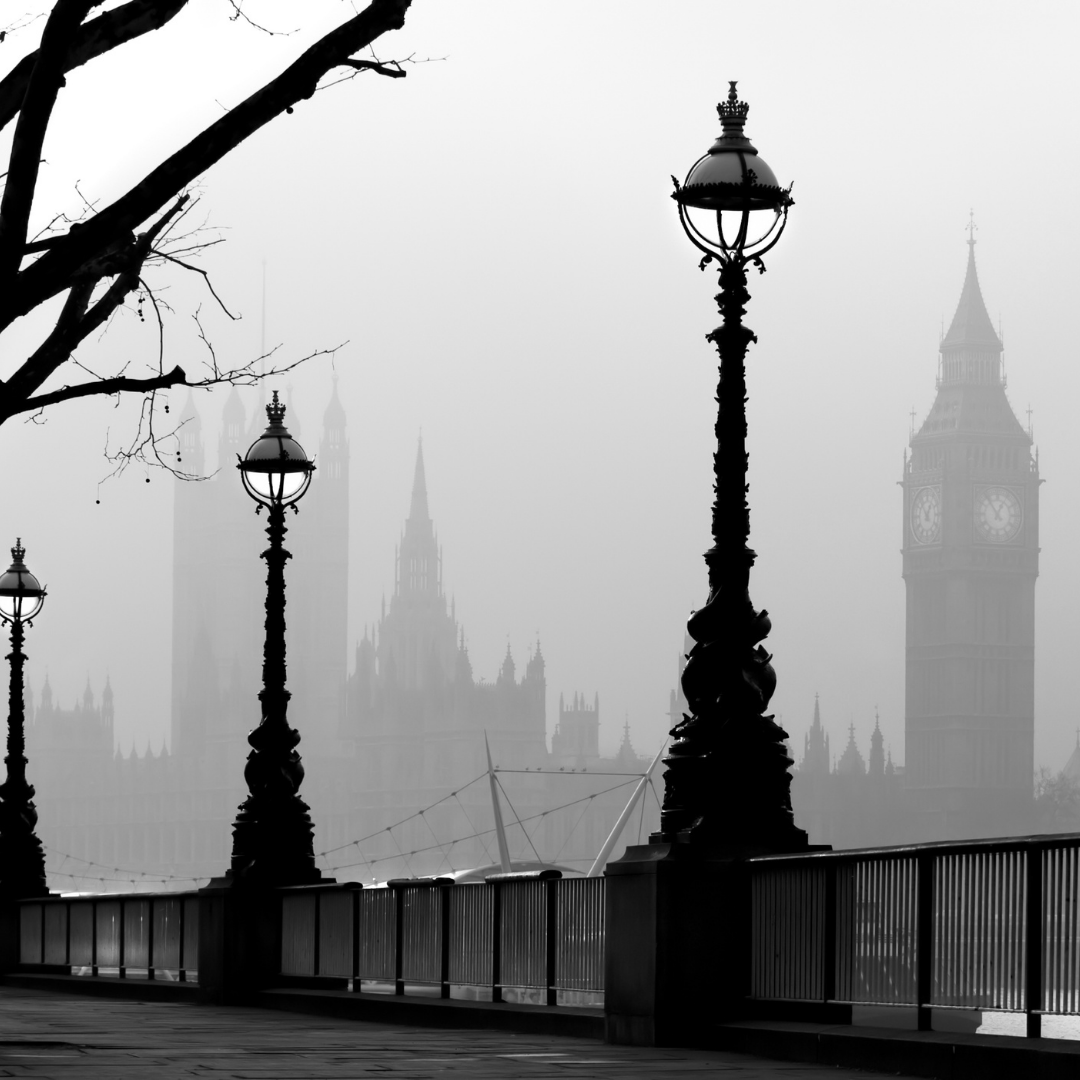Coronavirus Restrictions
Travelers to England from amber and red list countries must self-isolate on arrival for 10 days.
Where the criteria are met, senior executives (board directors or equivalent) arriving in England from an amber list country can be temporarily exempt from the self-isolation requirements where they are carrying out activities of significant economic benefit to the UK. They must still self-isolate when they are not carrying out those duties. If the activities can be done remotely or by someone else, the exemption cannot be used.
A new process has started in which before traveling to England, senior executives complete a form and email it for consideration. A response should be received within five working days on whether the exemption criteria have been met. The written approval should be shown to Border Force officers on arrival in the United Kingdom (UK).
The exemption (more detail on the criteria and definitions is in the relevant regulations) covers two types of senior executives:
- Multinational executives—executives based outside the UK who are part of multinational businesses and are visiting their UK-based subsidiary or branch. The executive should have a reasonable belief that the intended activities will lead to the creation or continuation of employment for 500 employees or more in the UK branch or subsidiary; and
- International executives—executives of companies based outside the UK who will bring significant economic benefit to the UK because the work will more likely than not lead to either:
- An investment in a UK-based undertaking creating or continuing the employment of 500 employees or more in that UK-based undertaking, or
- The establishment of a new business in the UK that will, within 24 months, create employment for 500 employees or more in that new business.
The guidance on the new process includes examples of what is exempt activity. For example, attending a routine board meeting would not qualify unless the meeting will involve making a decision on whether to invest in the UK.
Right-to-Work Checks
The key changes for right-to-work checks on European Union (EU) citizens as of July 1, 2021, include:
- Pre-employment and follow-up checks. A new code of practice applies to all right-to-work checks on or after July 1, 2021. This includes pre-employment checks and follow-up checks.
- Documents to be checked. Where employers are checking the right to work of EU citizens, in the vast majority of cases they will be checking online the employee’s digital immigration status under the EU Settlement Scheme or new immigration system. However, the following changes have also been made to the list of compliant documents that can sometimes be used for right-to-work checks on EU citizens:
- List A (where there is no expiration date on the employee’s permission). As expected given the changes, EU passports no longer feature on this list. The exception is where the employee has an Irish passport, because Irish nationals do not require prior permission to work in the UK.
- List B Group 1 (where there is an expiration date on the employee’s permission). A frontier worker permit is acceptable.
- List B Group 2 (where there is an expiration date on the employee’s permission and the statutory excuse only lasts for 6 months). Where an employee has an application pending with the Home Office and a right-to-work check is required, sometimes the employer checking service must be used. There is an update to List B Group 2; where an employee has a pending EU Settlement Scheme application submitted on or before June 30, 2021, the employer can rely on its certificate of application together with a Positive Verification Notice from the employer checking service.
For more information contact a WR Immigration Attorney.


